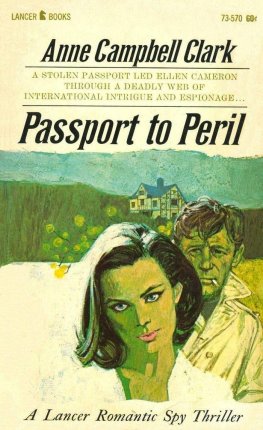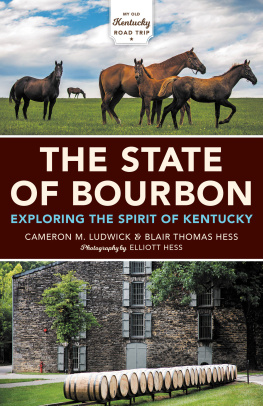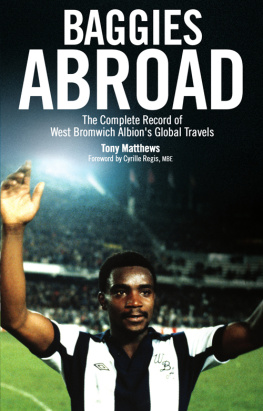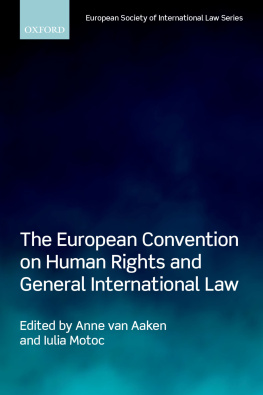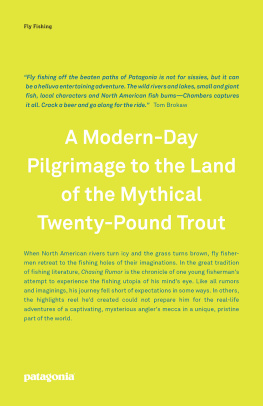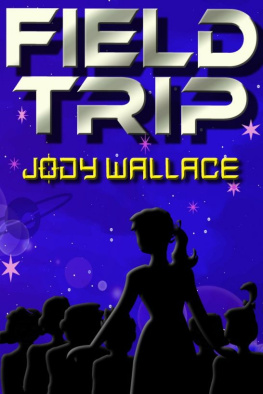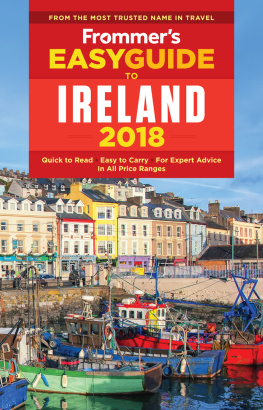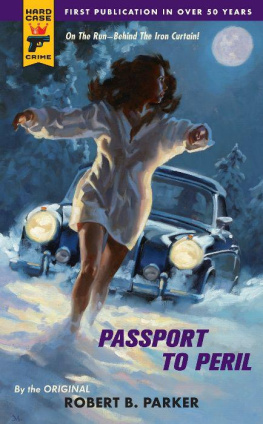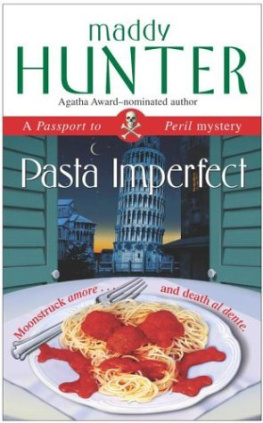Lawrence Block
Passport to Peril
(Writing as Anne Campbell Clark)
Ellen Cameron sat uncomfortably upon a plastic-covered stool at the steel-and-Formica counter of one of the Fortes restaurants on the northeast side of Piccadilly Circus. She stirred a spoonful of sugar into her tea and set the spoon in the saucer beside the cup. She searched her purse for cigarettes, frowning when she found that there was only one left in the pack that she had opened that morning. She never smoked that heavily it was bad for her voice. And at this rate the single carton of American cigarettes she had brought along would not last her even two weeks. She poked the cigarette back into the pack and returned the pack to the purse, sipped at her tea, drummed her fingers nervously upon the countertop, then gave up and dug out the cigarette once more and lit it.
She was a slender girl, medium-tall, her oval face framed with shoulder-length black hair. Her large eyes were a surprising blue. A few years ago at college a boy had told her that she should have posed for Modigliani. But I wasnt even born then, she told him.
Like Miniver Cheevy, he had said, born too late.
Perhaps, she thought now, he had been right. Perhaps she had been improperly planted in time; perhaps she would better have belonged in a slower, more leisurely world. She looked around the restaurant, wincing at the brightness of it, the glare of the overhead light fixtures, the harshness of all the gleaming stainless steel, the impersonal efficiency of the waitresses, all of whom looked quite alike. She had grown accustomed to this sort of atmosphere in New York but found it quite unbearable in London. It clashed with her original image of the city, like Mod clothes and eye shadow on ones grandmother.
She sipped at her tea and put out her cigarette in a round glass ashtray. The same boy who had likened her to Miniver Cheevy had some weeks later been on the verge of proposing marriage; with just the slightest encouragement he would have. And she had been very careful not to offer any such encouragement.
Brian Ellery. What had happened to him since college? She knew bits and pieces of the answer, the sort of empty facts that appear in alumni bulletins. He had married, of course; when a young man makes up his mind to marry, the actual selection of a particular girl is secondary. He had decided to marry, and he had virtually decided to marry Ellen Cameron, and before very long he had instead married someone else. He and his wife had a child, perhaps two, and he was working for a large firm in Cleveland and living in some suburb. She did not remember precisely what he did, something to do with transportation rates or such. It had not sounded especially interesting.
I never shall marry
Ill be no mans wife
Im bound to stay single
All the days of my life
The old Irish ballad ran through her mind, and she smiled at it. She did not sing it often any more (Make of that, she thought, what you will!) but had included it on the first of her two albums for Folklore Records. I never shall marry...
It was ridiculous, she thought, for her to act as though that dismal dirge was her unofficial theme song. She was only twenty-four and hardly an irredeemable old maid. America might be overflowing with featherheaded women who were wives at seventeen and grandmothers at thirty-five, but that hardly meant that she was over the hill. She had never honestly regretted not having married Brian Ellery. Though an interesting boy, he had seemed predestined to grow into a dull man, and he would have irresistibly transformed her into a dull woman. She could not be sorry for having given him up. Only at moments like this, when she felt unusually alone and oppressively wrapped up in herself, did her mind begin to concern itself with What Might Have Been.
She put out her cigarette. As his wife, she thought, she would have found herself seeking out premature middle age in some drab suburb. Her guitar would have gathered dust in the attic, her singing voice would have atrophied and to bend melodrama into farce her name would have been absurdly changed to Ellen Ellery.
She left a shilling and threepence on the counter and moved from the glare of the restaurant to the glare of Piccadilly. It was her last night in London. In the morning she would fly to Dublin. Now, though it was near midnight, she did not much want to return to her hotel. She ached to go somewhere, to do something exciting. She had expected far more from London than the city had given her, and now, with her stay almost over, she felt that she was being cheated.
The play she had seen that evening might have been partly responsible for her mood. It was very crisp and dry and brittle, a humorless comedy of adultery and incest and sexual inversion that had drawn inexplicable peals of laughter from the people around Ellen. She had not laughed once and had come very close to leaving after the second act. It was not that it had shocked her or that she was the sort of theatergoer who prefers the facile ebullience of a musical comedy to the drama of a more demanding play. But the barrenness of Drums for Portia had echoed the vacant quality of the week she had spent in London, and the final effect was desperately depressing.
She started toward a queue of taxis. She found the huge black British cabs charming, just as she had found the tour of the Tower of London a moving encounter with the presence of History, just as she also found enchantment in quiet walks through the still streets of Bloomsbury around her hotel. There was nothing really wrong with the city, she told herself. The failure was probably her own; she was not fitting into things, not responding to stimuli that should have been more genuinely stimulating than they were. She was in the city but not of it, and thus she was being bored and repelled by the very aspects of London that might otherwise have fascinated her.
She turned away from the cabs, changing her mind suddenly. It was, after all, her last night in London. There seemed to be nowhere for her to go, no one she might visit, no nightclub she could attend unescorted; but at the same time there was no need for her to rush back to Crichton Hall in a taxi. It was a fine September night, the air just a shade on the cool side, the sky quite clear, the stars bright in a moonless sky. She decided to walk back to the hotel. Her map was in her other purse, but she didnt expect to get lost and could always take a taxi later on if her feet tired. At least she was on the right side of Piccadilly and wouldnt have to fight her way through the traffic.
She walked along Shaftesbury Avenue for several blocks, then turned left on Frith Street and found herself moving through the narrow streets of Soho. She had been in the section several times by day, but this was her first experience of it at night. It was different now. In daylight, it had appeared as it had been described to her, an English equivalent of Greenwich Village, with its book shops and Italian restaurants and quaint pubs. Now it revealed a sordid quality that had not been evident in the brighter light of day. Girls and more girls, their faces cluttered with makeup, their opulent bodies stuffed into overtight clothing, lounged purposefully in doorways or called seductively from their windows to passing males. Ferret-faced little men sought out obvious tourists, caught at their arms, whispered furtively into their ears. Helmeted bobbies walked the dark streets in pairs, moving as if aware of an oppressive atmosphere of incipient violence. Doorways held little thumbtacked notices on three-by-five index cards. French Model Miss Birch / experienced governess / Apt. 3-C. French Lessons, inquire within.

